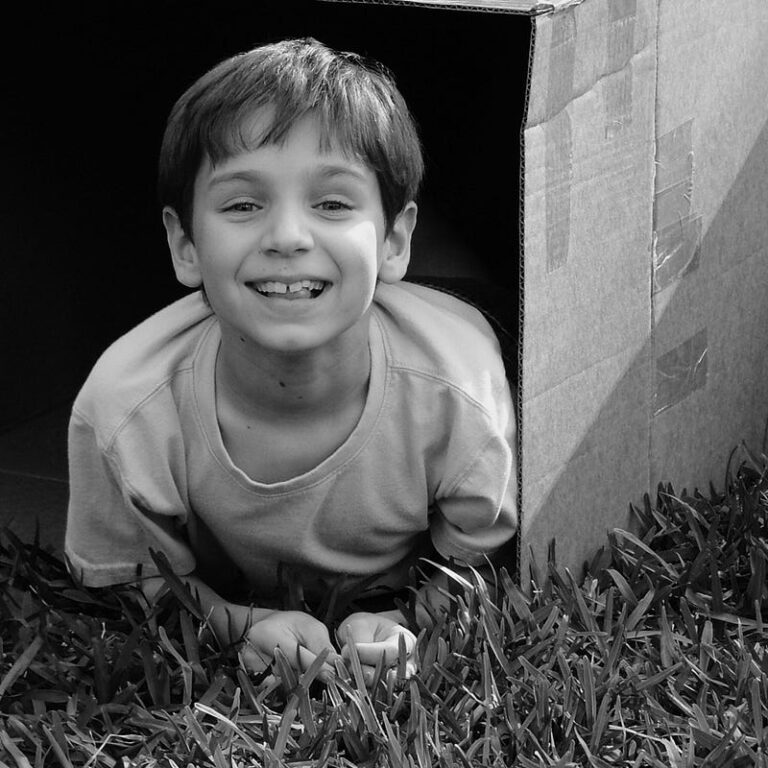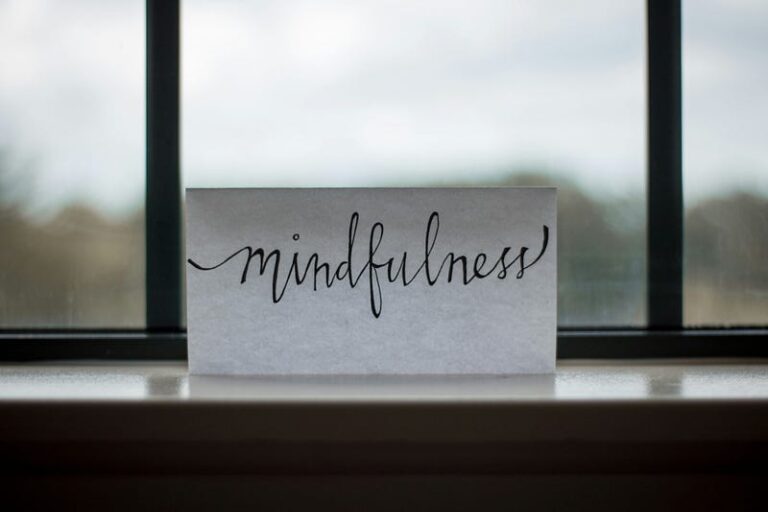The IKEA Effect and Philosophy: Why Building Things Makes Us Happier
I had never heard of the IKEA effect. It sounded like a foolish name, but I was ignorant enough to mistake it as a foolish name.
My friend, Syed, was building a chair, and suddenly, I appeared out of nowhere. I surprised him, and he was happy to see me. I asked, ” Bro! What the hell are you doing?”
He laughed and answered, “ I am making a chair. It is fun.”
But man, you can go to the store and buy a readymade one; why are you wasting time with this menial and laborious work?
He seemed happy and started to explain the IKEA effect. I laughed and asked, what gibberish are you talking about? He felt bad, for I didn’t understand him. Leaving in frustration, he said, “You will understand when you build something.”
I googled the name and was fascinated to know the connection between this effect and the happiness a person could feel with this.
Let me explain it to you and try to persuade you as to how this effect can bring happiness to one’s life.
The philosophy behind the IKEA effect is like this:
The Ikea effect says that when you make something using your own hands, you tend to value it more. This is why the IKEA stores are famous: they give you a chance to make your things using your hands and thus value them more than the things that can be bought all bundled.
There is one philosophy — Existentialism. It is most relevant here. It teaches individuals to create their meaning through actions, choices and experiences.
Unless we perform some action, we can not experience that thing. As an example, unless I take the key to the car, start the car, and drive the car, I can not experience long drives.
Actions create experience, and experience creates values, and values create life.
In the end, you take control of your life and start living according to the choices you make rather than which are imposed on you.
For me, Building something, be it a chair, project, or life path, reflects this theory about taking control of life and making it meaningful through actions.
These simple actions that we do create meaning in this boring world, and we then live the life rather than life living us. Fulfilment often comes from effort and personal involvement in the process of creation, not just the outcome.
The philosophical tie-up here is that when we create something, be it anything, we have a higher level of satisfaction and happiness. Personal growth and happiness come from engaging deeply with life. Whether assembling furniture or achieving life goals, putting in the effort allows us to feel a sense of ownership and pride in what we create and finally contribute to lifelong happiness.
Most of the time, the things we make may not be perfect, but still we value them. Perfection does not matter; what matters is that, ultimately, we find happiness in the process. Life is itself imperfect, but it is in the act of creating and living authentically that we find meaning. In both philosophy and psychology, it is an act of creation and effort that brings joy, not the pursuit of perfection.
Share with everyone how making things makes one value those things and also how the effort involved made them more meaningful.







